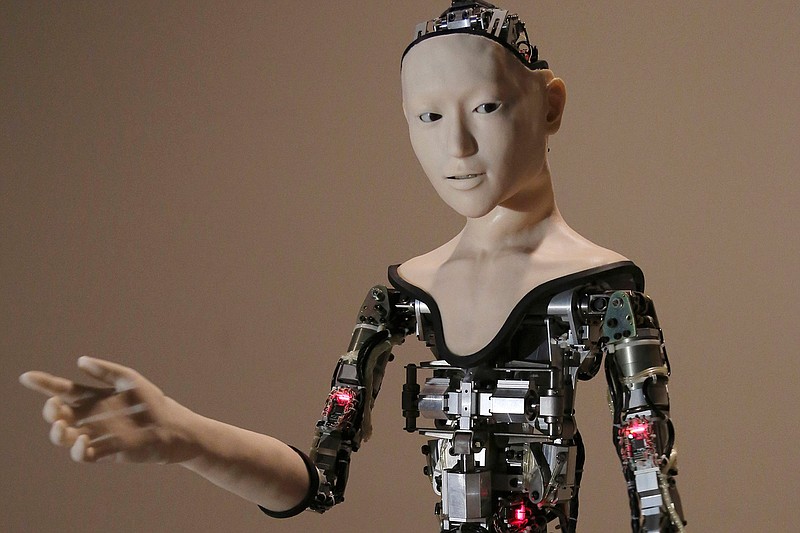In 1999's "The Matrix," Morpheus famously questioned Neo, "What is 'real'? How do you define 'real'? If you're talking about what you can feel, what you can smell, taste, and see, then 'real' is simply electrical signals interpreted by your brain."
Since antiquity, philosophers have sought knowledge and asked, "How do you know what you know?" Knowing, however elusive to define, has been largely limited to humans as a species; at least this has been the case till now. With rapid advances in the ability to process the humongous amount of data and self-learning algorithms driven by artificial intelligence (AI), "knowing" no longer seems a domain confined to humans. Intelligent machines are increasingly becoming better at "knowing," and with advent of quantum computing on the horizon, they are poised to become only better at it in the future. We are quickly ushering in a world of synthetic knowing.
Reality, as we perceive it, is based on the inputs from our five senses. With advances in technology, the senses are not confined to the human body anymore. Technology is getting closer to "sensing" the world as humans sense, only more efficiently, and it is happening so quickly to the point we don't even take much notice. For instance, your iPhone can "sense" your face; a Tesla vehicle can "sense" the traffic conditions and make decisions in real time. Computer-generated algorithms turn the complexities of sensing into bits and bytes at an amazingly fast speed. Digital sensors generate a bulk of data in mere seconds, and the data could be in any form-text files, sound bits, images, videos, GPS coordinates, thermal images. These sensors enable the growth of Internet of Things (IoT) devices, further fueling data generation through digital sensing.
In 2018, Forbes magazine reported that 90% of the data people possessed since the inception of the human species was generated in the last two years. By 2020, there will be 200 billion IoT devices generating data through digital sensors. Such data can only be interpreted by AI algorithms, which learn and become smarter with each iteration or version. Machine learning grows exponentially and can be replicated and transferred to the network almost as fast as it generated. At this alarming rate of advancement, what does the future hold for humans?
Technological singularity is often depicted as the stage when artificial super intelligence will essentially surpass human intelligence, a change so profound that it will disrupt the world as we know it. Scientists earlier predicted the year for singularity to be 2045, but with the building blocks, namely, synthetic knowing, AI, and upcoming quantum computing on the horizon, such a revolution might arrive in a decade's time, even as early as 2029. Morpheus would surely have asked, "Are you ready for it, Neo?"

